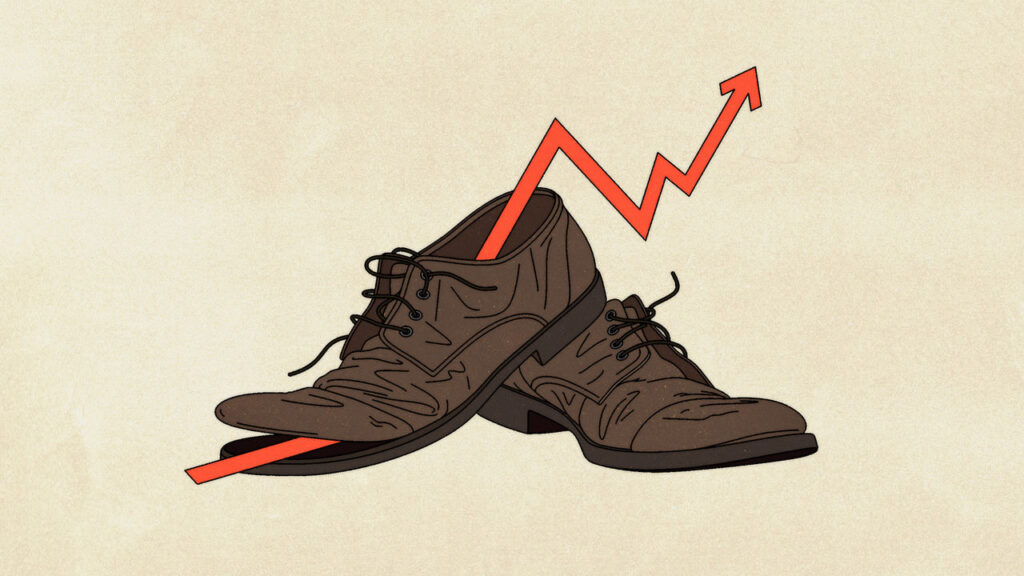In the heated political climate of the 1970s, Jimmy Carter emerged as the Democratic challenger for the presidency, contesting against the incumbent Republican, Gerald Ford. The backdrop of their electoral battle was dominated by economic turmoil, marked by both high unemployment and rising inflation. In an effort to highlight the shortcomings of Ford’s administration, Carter utilized a concept that had been brought into prominence by economist Arthur Okun. This idea, which Okun labeled the “economic discomfort index,” served as a simplistic yet effective metric to assess the health of the economy. The index combined the unemployment rate with the inflation rate, creating a dual measurement of economic distress faced by the average American citizen.
As the election cycle progressed, opportune strategies and concise messaging became crucial elements for candidates striving to resonate with the electorate. In this context, Ronald Reagan, the Republican candidate who was gearing up for the 1980 presidential race, adeptly seized upon the formula originally articulated by Okun. Reagan, channeling the concerns of the populace, adopted and rebranded the economic discomfort index, cleverly renaming it the “misery index.” This rebranding was pivotal, as it presented a more relatable descriptor for voters grappling with the dual challenges of inflation and unemployment during Carter’s presidency.
Carter’s leadership during a period of economic instability took its toll; his administration was characterized by rising prices that burdened families and businesses alike, alongside a stagnant job market that left many Americans disillusioned. The statistics revealed a grim tableau of hardship for numerous citizens—a reality that proved to be an invaluable talking point for Reagan. With the use of the misery index, Reagan crafted a persuasive narrative that depicted Carter’s presidency as a time of widespread economic suffering. This tactic capitalized on the anxieties of voters who were feeling the pinch of high costs and limited employment opportunities.
Reagan’s strategic deployment of the misery index not only served to criticize Carter but also resonated with voters as a reflection of their daily struggles. As a result, Reagan’s campaign succeeded in galvanizing support by framing his potential presidency as a pathway to restoring economic stability and prosperity. By simplifying complex economic concepts into relatable terminology, Reagan effectively communicated a message of hope and renewal.
The impact of the misery index extended beyond the 1980 presidential election, as it played a significant role in the subsequent campaign of 1984. During his re-election bid, Reagan continued to emphasize this index, which had trended downwards as the economy showed signs of recovery. With unemployment rates beginning to fall and inflation stabilizing, Reagan’s administration could point to the improving misery index as evidence of effective governance. This positive shift not only bolstered Reagan’s narrative of success but also endeared him further to a populace eager for economic relief.
In conclusion, the strategic utilization of Arthur Okun’s economic discomfort index, later dubbed the misery index, by both Jimmy Carter and Ronald Reagan underscores the profound influence of economic indicators on political discourse. The ability to frame economic conditions in compelling language allowed candidates to connect with voters on their shared experiences of hardship and recovery. Ultimately, the narrative surrounding the misery index would define the trajectory of two pivotal elections and symbolize the inextricable link between political power and the everyday lives of American citizens. Reagan’s subsequent victories provided a clear reflection of how economic messaging, when effectively employed, could sway public opinion and lead to electoral triumph.









